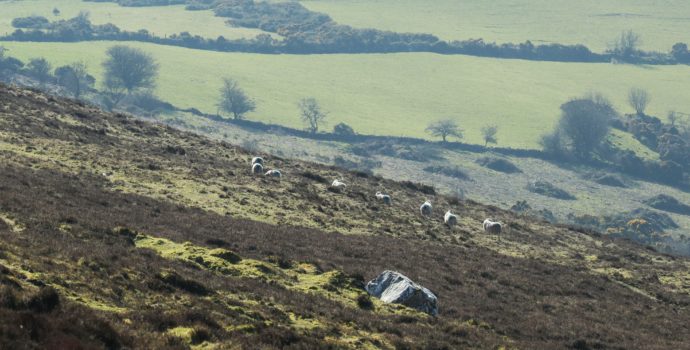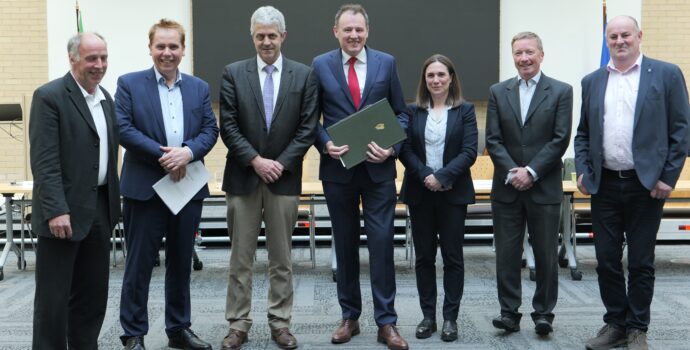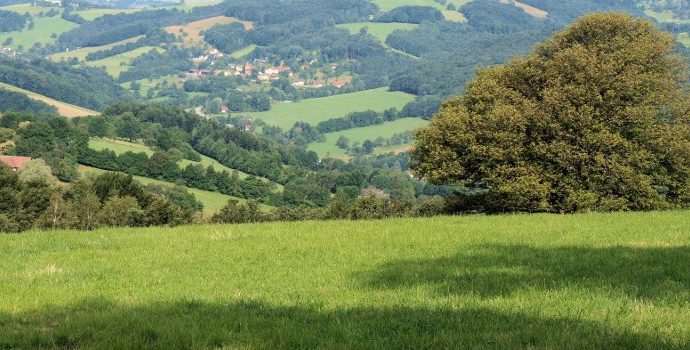IFA Seeks Greater Flexibility on Knowledge Transfer

IFA has called for greater flexibility in the Knowledge Transfer Programme and a reduction in the bureaucratic and administrative difficulties that have bogged down the programme to-date.
IFA Deputy President Richard Kennedy made call as he led a cross-sectoral delegation from IFA’s Livestock, Dairy, Rural Development, Poultry and Sheep Committees to meet the Department of Agriculture last week.
Richard Kennedy said that with the first year of the Knowledge Transfer programme concluding at the end of this month, an opportunity now exists to make the €100m measure more farmer friendly and to take costs out of the programme.
Currently 20,000 farmers are in 1,100 Knowledge Transfer groups across the Beef, Sheep, Dairy, Poultry and Tillage and Equine sectors.
At the meeting IFA made a number of proposals to make the Knowledge Transfer programme more acceptable to farmers. These included:
- reduction in the administrative burden;
- the abolition of veterinary fees;
- replacement of the veterinary plan by the use of faecal sampling;
- flexibility in the timing of meetings to include weekends and later than 8pm;
- relaxation of the 60% final meeting attendance rule;
- increase in the number of events from 1 to 2 and a corresponding reduction in meetings;
- in order to improve the standard of facilitators, there is a need for continuous professional development;
- reopening of the KT for new groups and increasing the maximum number in a KT Group from 18 in certain instances up to a max of 25;
- where farmers drop out of a KT, they should be allowed to be replaced; and,
- payments of KT must be made within two months of the end of the contract year.
In conclusion, Richard Kennedy said that it was important that a review of the KT takes place, given the many problems that farmers and planners have encountered in the first year.
IFA agreed to meet the Department of Agriculture again shortly to look at what changes can be put in place before Year Two of the Programme begins.




